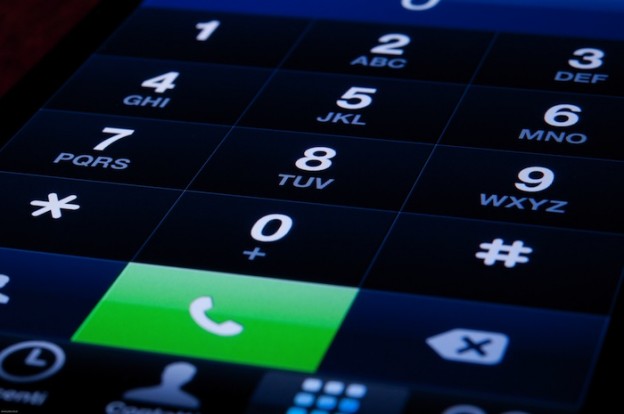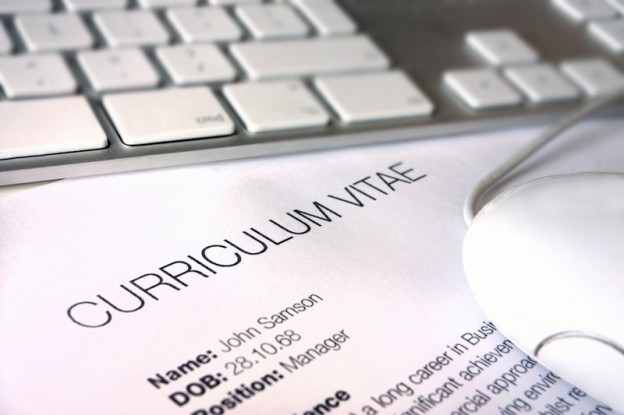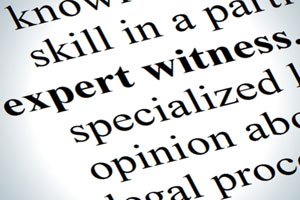The potential bias of an expert witness is not usually a ground for excluding expert testimony. Bias goes to credibility and credibility is for the jury, not the trial judge, to determine. Before an expert can be excluded for bias, the bias must generally be so obvious that a judge can say as a matter of law that the witness is an unreliable source of information.
On the other hand, the bias of a witness is always a relevant issue in a trial. Lawyers generally rely on cross-examination as a tool to expose bias. However, the maxim that lawyers should not ask a question unless they know the answer should motivate lawyers to discover evidence of bias before the expert witness takes the stand.
Financial Bias
Unless an expert witness has a personal relationship with a party or a political axe to grind, an expert’s financial incentive to give favorable testimony is usually the strongest evidence of potential bias. The extent to which claims of financial bias are likely to sway a jury depends on the facts of the case.
Juries understand that expert witnesses are paid for their time. Everyone understands that being paid to testify creates a risk that the expert will slant testimony to favor the party paying the expert’s fee. That risk is captured in the German proverb, “Whose bread I eat, his song I sing.”
When each side calls a retained expert, however, the risk that experts will be viewed as hired guns tends to offset. One study suggests that the “hired gun” perception is strongest when an expert testifies frequently and earns substantial compensation from giving expert testimony. The study also concludes that juries are most likely to view an expert as biased when they don’t understand the expert’s testimony.
Lawyers can minimize the “hired gun effect” by assuring that the expert’s testimony is easy for the jury to comprehend. When juries think that an expert is making sense, they are less likely to dismiss expert testimony as the product of bias.
Discovery of Financial Bias
The Federal Rules of Civil Procedure require retained experts to disclose the amount of compensation they are being paid for their services “in the case.” A closer question is the extent to which a party can discover compensation paid to an expert, either by the same or a different party, in other cases.
Courts often draw a distinction between discovery of a party’s financial relationship with an expert and an expert’s income from broader employment as an expert witness. The issue has frequently arisen in cases involving independent medical examinations (IMEs) performed by doctors who are hired repeatedly by insurance companies. A jury might view a doctor’s substantial income from repeated testimony for the same insurance company as evidence that the doctor can be counted on to favor that insurance company. Allowing broad discovery of an expert’s income, however, arguably has a chilling effect on the willingness of professionals to act as experts.
Courts have attempted to balance an expert’s right to financial privacy against a party’s right to discover evidence of bias. An Arizona court, for example, concluded that it was inappropriate to use a subpoena duces tecum to obtain financial records before taking the deposition of a medical expert who performed an IME for an insurance company. The court viewed the “exhaustive” request for production of financial records, including tax returns, as unduly burdensome, at least as an “opening salvo” in discovery. The court concluded that the plaintiff’s lawyers should first pursue less intrusive avenues of discovery that might produce bias-related evidence.
A leading decision in Florida followed a similar analysis. The appellate court allowed a defense physician to be questioned about compensation paid for testimony in the plaintiff’s case. The court decided that a lawyer may also ask a defense expert who performs IMEs about the percentage of his or her income that was earned from testifying as an expert and the percentage earned from treating patients. Lawyers in Florida can ask for an approximation of the time the expert spends working as an expert witness, but cannot ask how much income the expert earns, either from all sources or from work as an expert witness. Another Florida decision gave lawyers greater latitude to inquire about historical income earned from the party in a case, as opposed to income earned from all work as an expert witness.
When courts limit discovery to relatively vague information offered during depositions (such as the percentage of time the witness devotes to work as an expert), whether the witness answers those questions truthfully can be difficult to determine in the absence of financial document discovery. The Arizona court offered a partial remedy to that problem by suggesting that financial document discovery might be appropriate when an expert is evasive, uncooperative, or untruthful. How parties can determine that answers are untruthful in the absence of financial document discovery is unclear.
Other courts take a more liberal approach to discovery. The Pennsylvania Supreme Court permitted interrogatories seeking discovery of all expert income earned each year during the past three years. A Kentucky court held that doctors who testify for insurance companies can be asked about the total amount of income they earn from performing IMEs. A Tennessee court agreed with courts “that have allowed expert witnesses to be questioned about the amount of income they earn from their forensic activities.” That court upheld a judge’s order for discovery of financial documents that would be filed under seal with the trial court to permit the judge to determine whether a recalcitrant doctor’s deposition testimony about his income was truthful.
Discovering financial information that might suggest the bias of a testifying expert is easier in some states than in others. Lawyers need to have a firm grasp of relevant court decisions in the jurisdiction that hears the case before they make a plan to uncover evidence of an expert’s potential financial bias.













